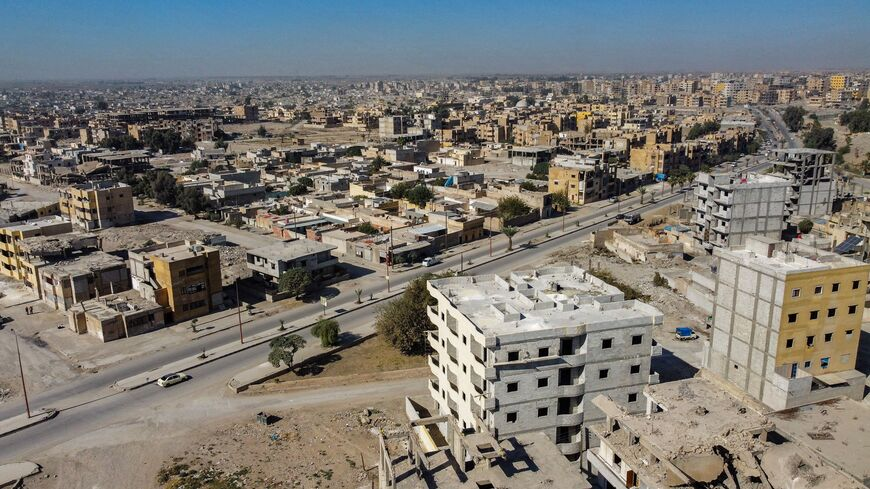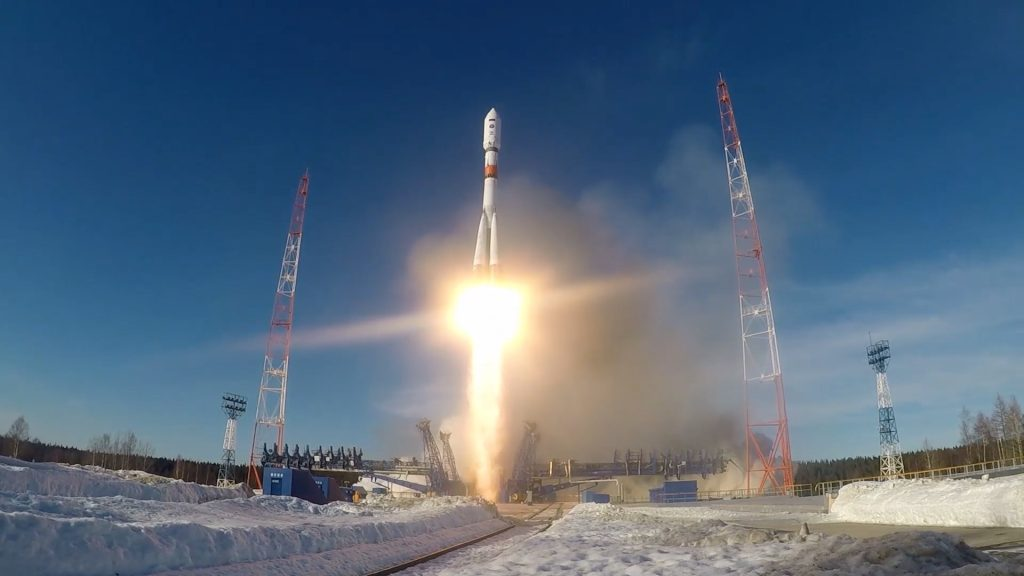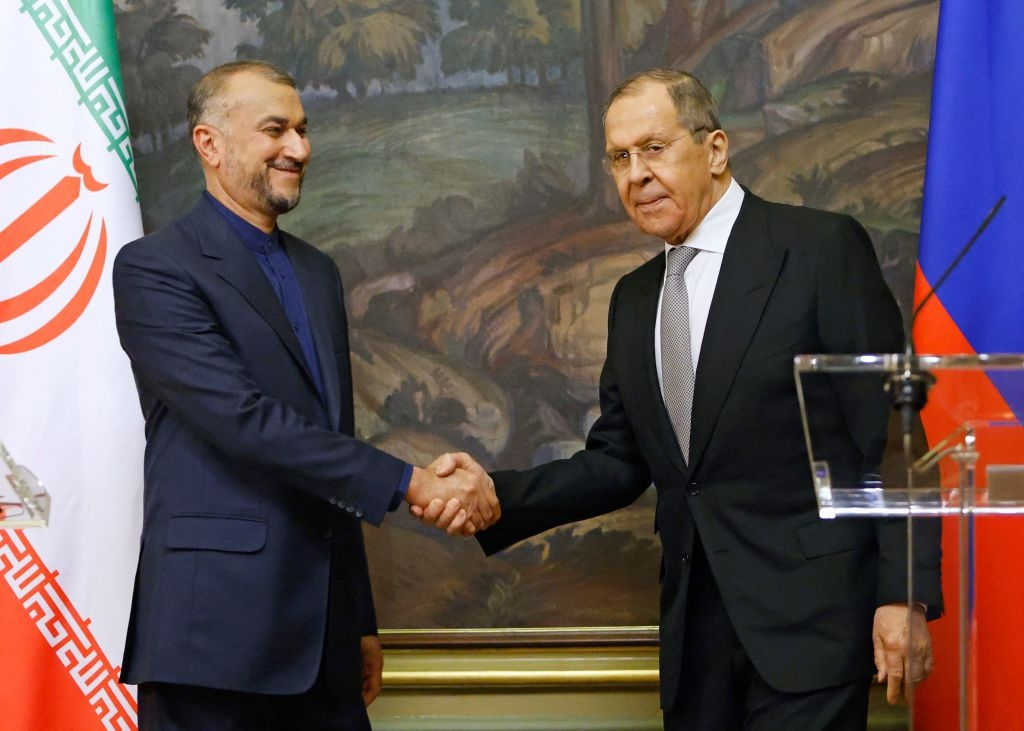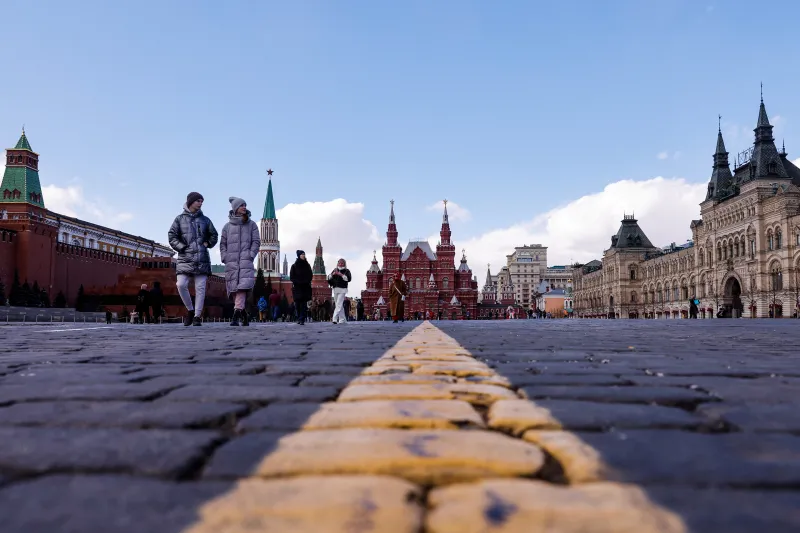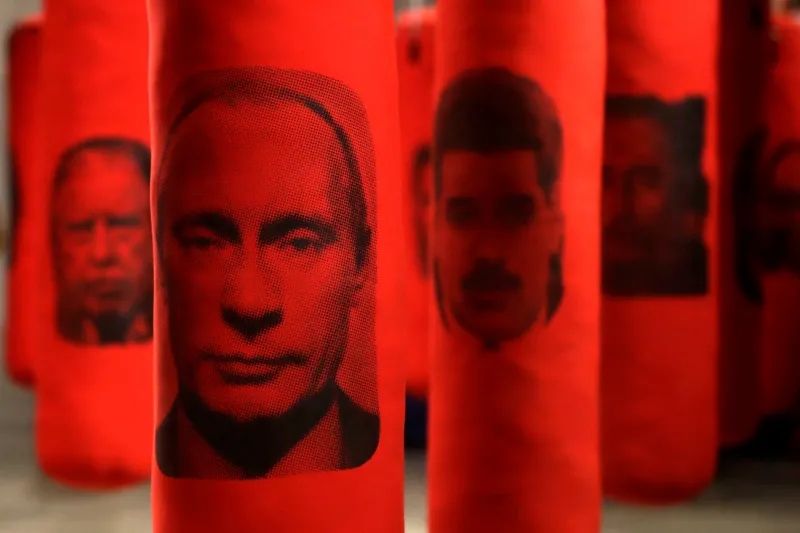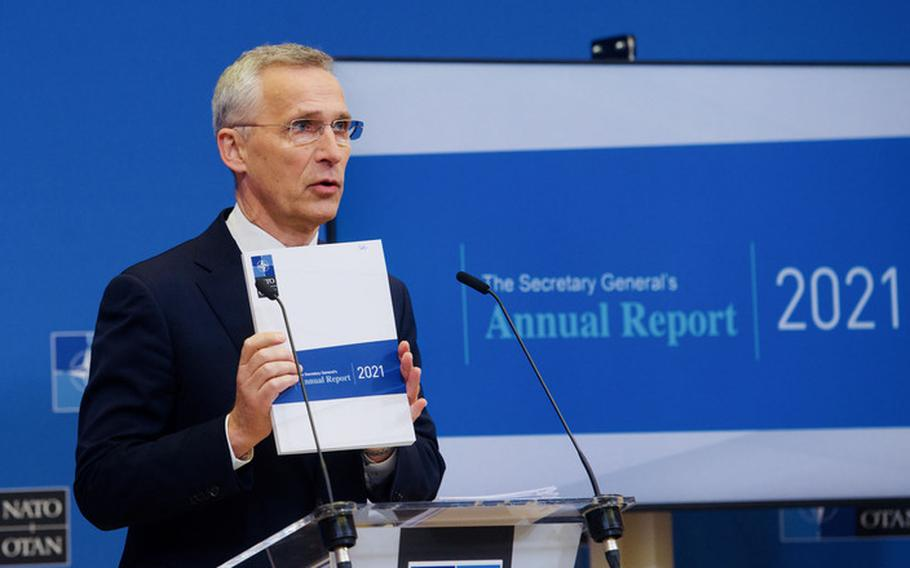Chinese Disinformation Seeks to Support Russia’s Invasion of Ukraine
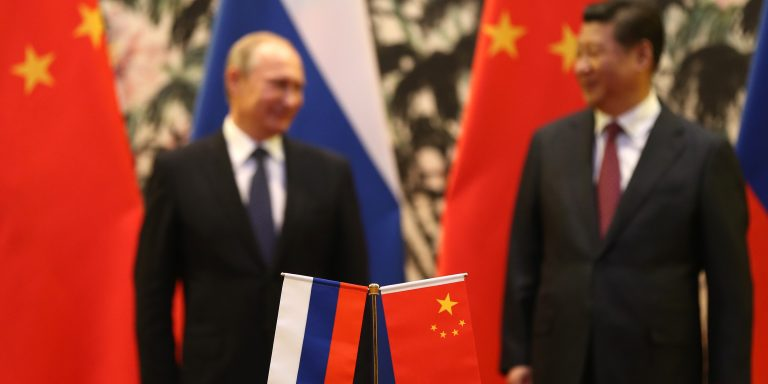
While China has provided humanitarian aid to Ukraine, both U.S. and European intelligence warned that Beijing has displayed openness to supplying Russia with both military and economic aid.
Chinese state-backed media have amplified Russian conspiracy theories to spread disinformation about the war in Ukraine to a global audience, parroting the Kremlin’s talking points.



